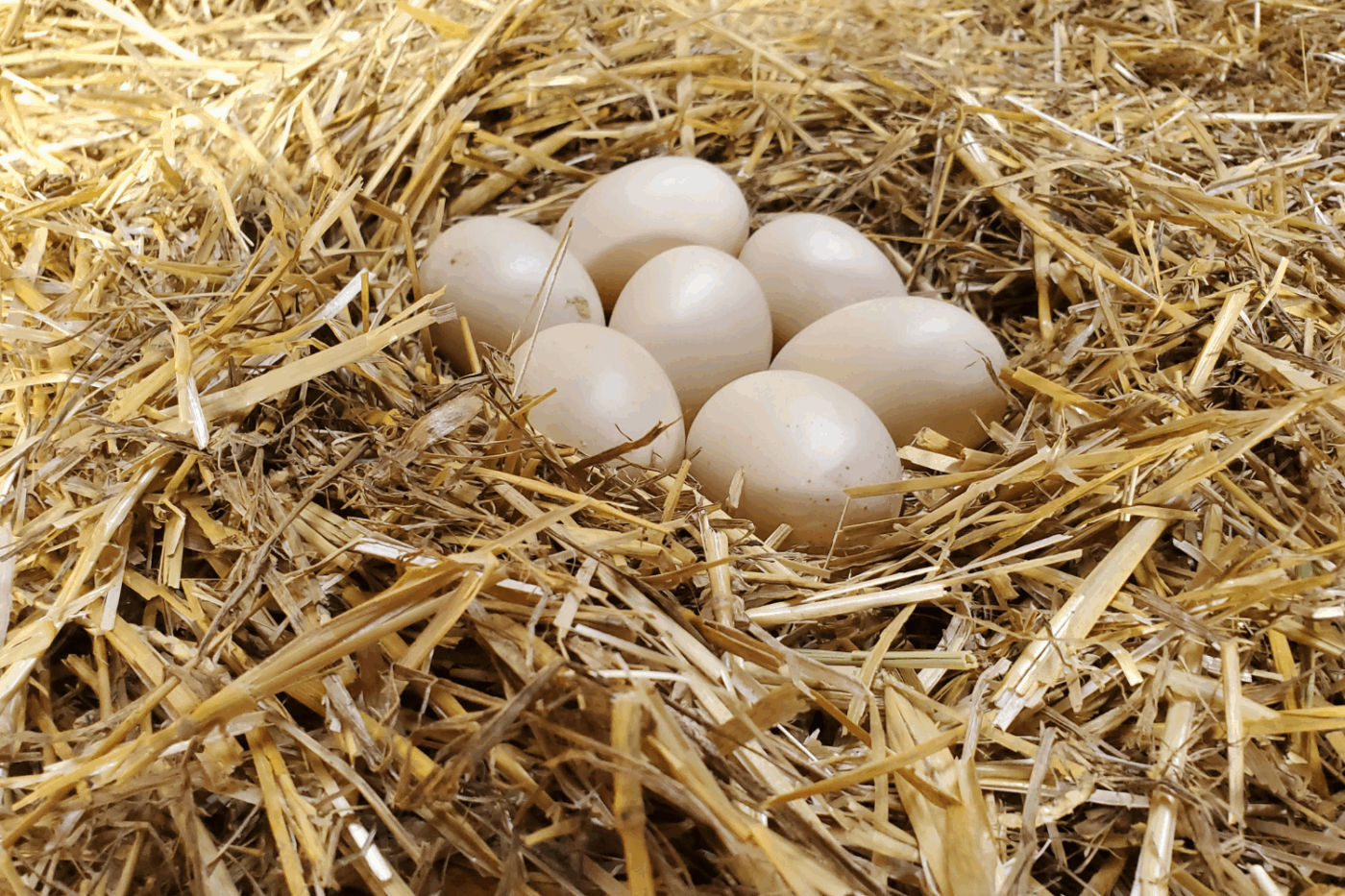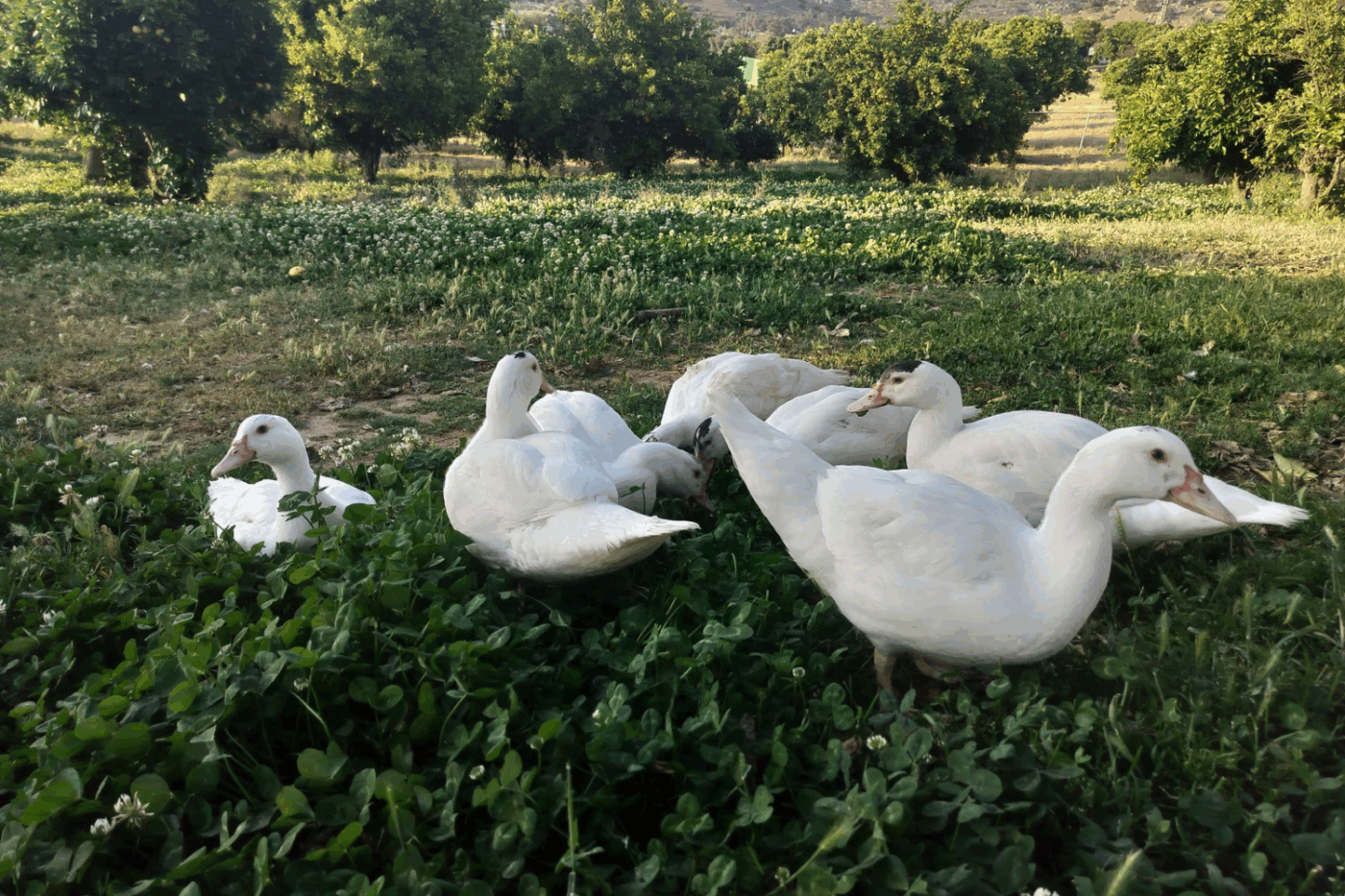How To Make Money Raising Ducks – And Save Some Too!

Raising ducks is more than just a rewarding hobby, it can be a surprisingly cost-effective and even profitable venture! Ducks can be raised for eggs, meat, or even for selling ducklings. These versatile birds can help reduce your grocery bill while creating income opportunities. Here’s a breakdown of how to make money raising ducks and even save some money.
How To Make Money Raising Ducks

Selling Duck Eggs
Duck eggs are prized for their taste, size, and suitability for baking. Depending on your local market, you can sell duck eggs for $6 – $12 per dozen, significantly higher than chicken eggs. A flock of 10 ducks producing 250 eggs per year could earn you around $1,250–$3,000 annually.
Selling Duck Meat
For those comfortable processing ducks, selling meat is another lucrative option. Processed duck can fetch $10–$20 per pound, depending on the breed and demand. Even selling a modest number of ducks each year can generate a substantial income.
Hatchling and Breeder Sales
Ducks are in demand for backyard farms and homesteads. Selling ducklings, hatching eggs, or breeding pairs can be a profitable side business. Ducklings typically sell for $5–$15 each, while fertile eggs might go for $1–$3 each.
With a well-managed breeding program, even a small flock could yield hundreds of ducklings or eggs for sale annually.
Manure Sales
Duck manure is a nutrient-rich fertilizer that’s highly sought after by gardeners. If you are brave enough to get your hands dirty, packaging and selling composted duck manure could turn a waste product into a small additional income stream.
Value-Added Products
If you enjoy crafting, duck feathers can be sold to crafters or turned into decorative items like pillows. You might also consider creating and selling baked goods using duck eggs, which could possibly command higher prices at some local markets.
How To Save Money Raising Ducks

Fresh, High-Quality Eggs
A typical laying duck, such as a Pekin or Silver Appleyard, can produce an average of 150-250 eggs per year. Duck eggs are larger, richer, and more nutritious than chicken eggs, and they are often sold at a premium in local markets.
If your family consumes a dozen eggs per week, having just a few ducks could eliminate the need to buy eggs from the store, saving approximately $3–$6 per week or $150–$300 annually.
Homegrown Meat
Ducks, especially dual-purpose breeds like Pekin and Muscovy, provide a source of delicious, lean meat. By raising your own meat, you avoid the high costs of store-bought alternatives, which can range from $5–$15 per pound.
Harvesting even a few ducks per year for your own use could save a family of four up to $200 in meat costs annually.
Natural Pest Control
Ducks are fantastic foragers. They love to eat insects, slugs, and weeds, which can significantly reduce the need for costly pesticides and fertilizers in your garden. Plus, their manure is an excellent natural fertilizer, further cutting gardening expenses.
Lower Waste Costs
Ducks eagerly consume kitchen scraps, turning potential waste into eggs and meat. This reduces your trash output and can help save on waste disposal fees.
Crunching The Numbers: A Simple Example
Let’s imagine you start with a flock of 10 ducks:
- Egg Production: If each duck lays 250 eggs/year, that’s 2,500 eggs. After keeping 1000 for your own use, you sell 1,500 eggs at $8/dozen, earning $1,000.
- Meat Sales: Raising and selling 20 ducks for meat at $30 each generates $600.
- Duckling Sales: Selling 180 ducklings at $8 each brings in $1,440.
That’s a total of $3,040 in income from just 10 ducks. Subtract the cost of feed (about $500 annually for your 10 breeder ducks and about $275 for your 20 ducks you raised for meat), and you’re left with a tidy profit of $2,265—not to mention the savings on eggs and meat for your household.
Tips For How To Make Money Raising Ducks

- What Are The Best Ducks To Raise For Profit?
- Dual-purpose breeds like Muscovy, Pekin, and Silver Appleyard are excellent for both eggs and meat, making them ideal for maximizing returns. Shop by breed to get yours today!
- Keep Costs Low
- Supplement their feed with foraging and kitchen scraps to reduce expenses.
- Focus on Quality
- High-quality products—whether eggs, meat, or ducklings—command higher prices and build customer loyalty.
- Market Smart
- Utilize local farmers’ markets, online marketplaces, social media, or even your own website to reach customers.
- Expand Your Offerings
- Diversify by selling not just eggs and meat, but also hatching eggs, ducklings
Ready To Start Making Money Raising Ducks?

Raising ducks isn’t just about connecting with nature or giving your neighbors something to gossip about, it’s a fantastic way to improve your bottom line. With a little planning and some wing power, these waddling wonders can work harder than your teenager on allowance day. So, get quacking and let your ducks show you just how profitable they can be!




